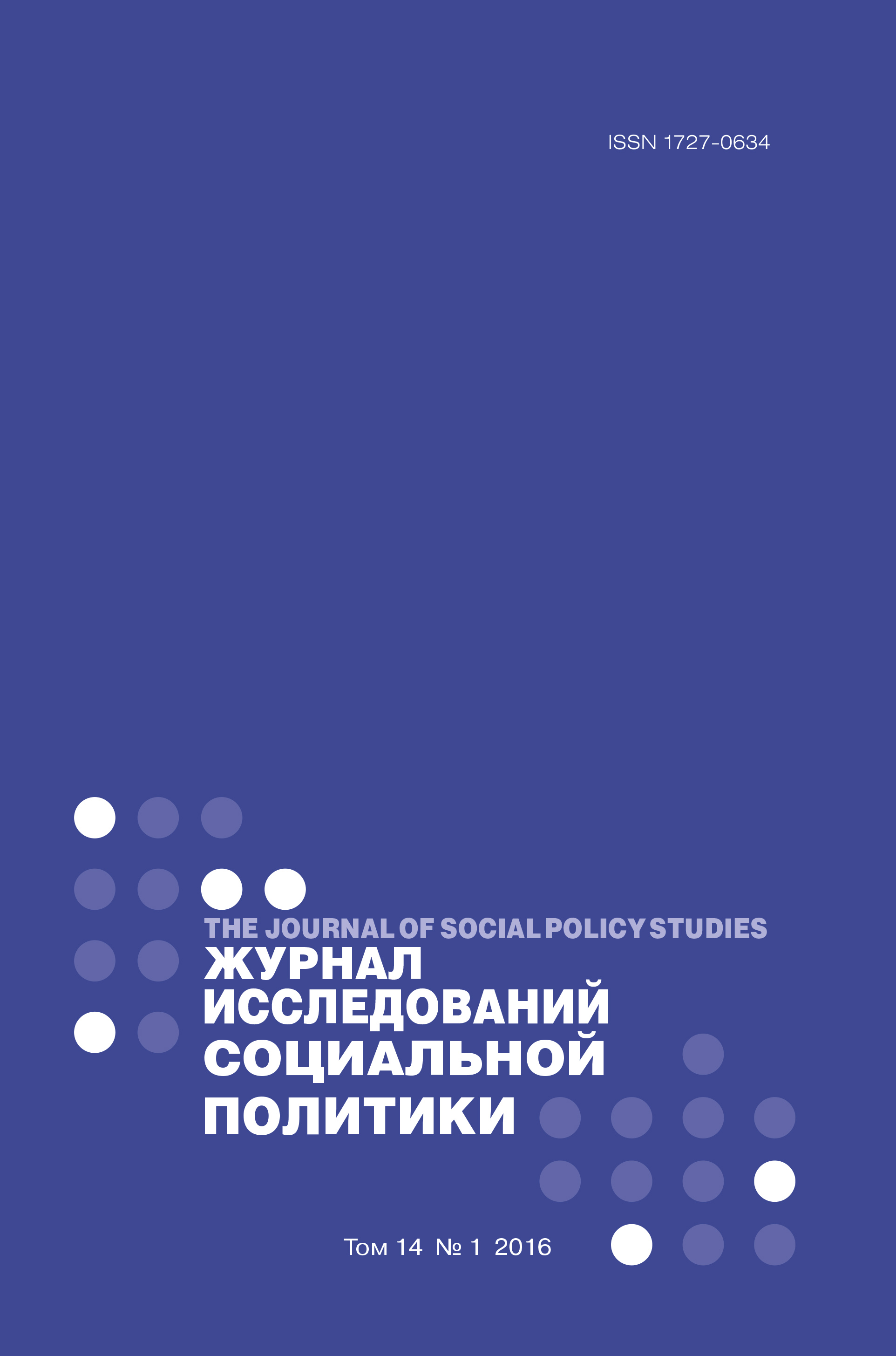Internet as a Matter of Social Policy in Russian Official Discourse: A "Good" or a "Threat"?
Keywords:
Russia, Internet, representation, official discourse, good, threat
Abstract
This article traces the development of Internet representation in Russia’s official public discourse from 1994, when the domain ".ru" was officially registered, until 2014. During this period, the Internet became an issue for Russian public policy. Russia implements public programs providing Internet-access to the citizens, and simultaneously limits the Internet through restrictions and censorship. We propose that official discourse reflects public policy, and transforms official representations of the Internet accordingly. By uncovering the role and representations of the Internet in official discourse, we explain national social policies aimed at providing Internet to the citizens. To reveal official representation of the Internet in Russia, we, primarily, reconstruct the sequence of state decisions: this includes the federal laws, state programs on Internet proliferation, presidential addresses (poslaniya), domestic and international public events and commitments that have shaped the development of the Internet in Russia. Three Russian presidents contributed to developing the Internet in different ways. This diversity can be traced in the transformation of the official discourse. To measure and visualize these changes content analysis was conducted of all the relevant official documents, including presidential addresses (poslaniya), national strategies, doctrines and conceptions. We pay attention to the strategic documents, which partly refer to the Internet or other Internet-related concepts. These concepts included Internet security, the information society, e-government, cyber-security and national security. The study reveals three periods in the official discourse. Between 1994 and 1999, during Yeltsin’s presidency, the Internet was weakly presented in the official discourse, and the state was the key actor in Internet proliferation. In the period from 2000 to 2011 the state continued to play a strong role in the proliferation of the Internet, and the Internet was portrayed as a "benefit" in official texts claiming that it aids pubic development. In the third period from 2012 to 2014, the third presidency term of Putin, the Internet was represented as a "threat" to society, state and security. The discourse of threats extended to accounting dangers for the Internet itself as an issue of social policy. This periodization in the official discourse corresponds with changes in Russian social policy and state decisions regarding Internet in Russia.Downloads
Download data is not yet available.
Published
2016-03-15
How to Cite
КолозаридиП. В., & ШубенковаА. Ю. (2016). Internet as a Matter of Social Policy in Russian Official Discourse: A "Good" or a "Threat"?. The Journal of Social Policy Studies, 14(1), 39-54. Retrieved from https://jsps.hse.ru/article/view/3286
Section
ARTICLES IN RUSSIAN















